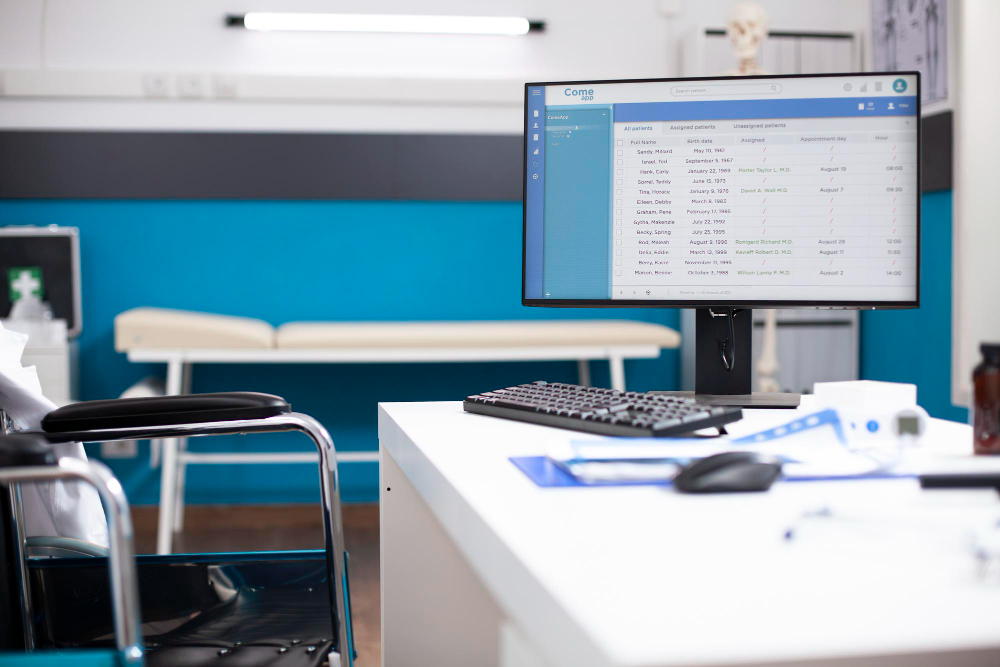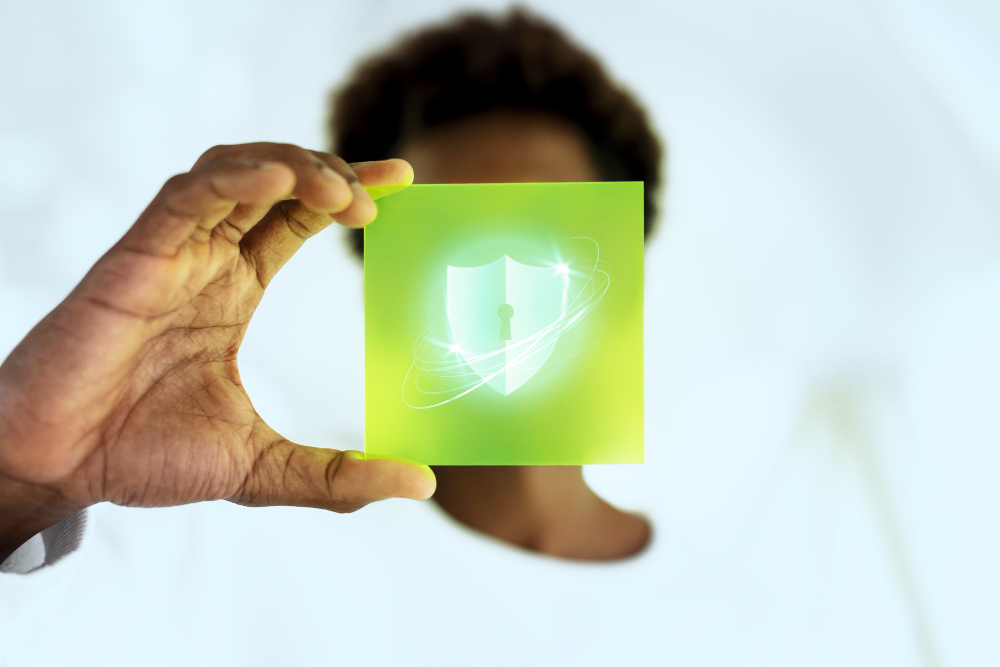Doctors took an oath to keep patient information secret, yet simple lapses in EMR (Electronic Medical Record) use, often undermine that duty. Even small slip ups like; weak passwords, shared login credentials, or sending personally identifiable information (PII) like name, address, phone number, e.t.c along with medical data over whatsapp can link to, and expose sensitive health records. Below we highlight several common errors and why they endanger both patients and healthcare providers.
Weak Passwords and Credential Sharing
Easily guessed passwords present a huge risk. Examples include:
- 1234
- password
- password123
- 123456
- qwerty
- abc123
- 111111
- letmein
- 24091997(Date Of Birth)
Such predictability makes accounts easy to breach. Some hospital surveys have reported that over half of users admit to sharing their login credentials with colleagues. Any coworker (or hacker) who obtains your password can see or alter all of your patients’ records under your name! Weak password habits leave the door wide open for unauthorized access and even patient data theft.
Leaving Sessions Open.
In a busy clinic, staff sometimes leave EMR terminals unlocked and unsupervised. If your profile stays logged in, anyone can view or edit charts as if they were you.
Another common mistake that has been observed in hospital environments is staff giving out their passwords/login details to others. In one survey, over 70% of medical personnel reported using another clinician’s password at least once. This happens frequently when patient notes was created by one staff, and needs to be edited/deleted by another staff, for one reason or the other.
This breaks the purpose of each each user having a unique ID. Sharing or duplicating login credentials leads to confusion and mistakes, because one can no longer aucrately tell who made each entry. As stated earlier, if someone else logs in as you and changes a record, you will be held responsible! Misentries or malicious edits under your account could trigger lawsuits targetting you, board inquiries, and in bad cases, loss of professional license.
Inappropriate Use of Messaging and Social Media
Ideally, Patient details should never travel via casual social media apps, Yet many clinicians use WhatsApp, Facebook groups, or Snapchat to discuss sensitive patient cases. In our local setting where the use of social media seems unavoidable, it should be scraped of sensitive/personally identifiable information like full names(initials can be used instead), hospital number, addresses, e.t.c.
These consumer apps are not designed for healthcare usage. Accounts could be hacked, leaking sensitive health information of patients, which could be used for targetted exploitation; in cases of sensitive medical diagnoses, or blackmail. Any photo about a patient shared via WhatsApp invites serious privacy breaches and potential lawsuits.
Patient Data on Personal Devices
Clinicians often use smartphones or tablets on the job, but forgetting to delete patient data from these devices is dangerous. One study found 88% of doctors in a recent survey, admitted keeping clinical information on their phones, such as ward round documentation, photos, videos, patient IDs, and test results.
If that phone is lost, stolen, or hacked, months of sensitive records could be compromised(when faces or PII are included in these snaps). Sensitive health data e.g HIV status, mental health notes, or abuse history, if exposed, could lead to shame, discrimination, or blackmail.
Impact on Healthcare Providers
These mistakes don’t only hurt patients, as they could endanger clinicians’ careers. If a hacker or coworker uses your account to enter false data, your user ID will be in the audit trail, making you the presumed author. Hospitals have fired staff in incidents like this. You could be framed! someone could enter false or harmful data under your name, resulting in legal and professional consequences.
A doctor in the US lost her job after a Facebook post inadvertently revealed patient details. Others have faced termination and board inquiries for similar lapses.
Impact on Patients
For patients, the consequences are profound. Leaked medical records betray trust, and can expose sensitive information. Misused data can lead to identity theft, blackmail, or even physical harm.
Altered records can lead to deadly mistakes. For example, an allergy omitted by an impostor might cause a harmful prescription. Breaches erode public trust in the healthcare system; patients may begin withholding vital information or avoiding basic care, out of fear for their privacy.
Conclusion: Uphold Your Duty to Protect Data
These risks are not acceptable. As doctors and nurses, we took an oath to guard patient secrets, and good digital habits are an extension of that promise.
- Use strong, unique passwords and change them regularly
- Never share login information
- Always log out, or lock your workstation when stepping away.
- Communicate patient data only via official, encrypted platforms
- Delete patient files from personal devices when no longer needed.
A few minutes of caution can prevent significant damage. Treat patient data like it’s as fragile as life itself. By learning good cybersecurity habits, clinicians can protect patient confidences, and their own professional reputations.



